

What is SEO? SEO is popularly known as search engine optimization and it is the process and practice of improving search appearance, visibility, and ranking of web pages on search engines like Google in return for organic traffic. Traffic can also come to your website or blog by direct browser search, referrer, or social platforms, but Best practices of SEO would get you more traffic than any other means.
Also read: 9 Most Important SEO Guides to Help you Rank on Google
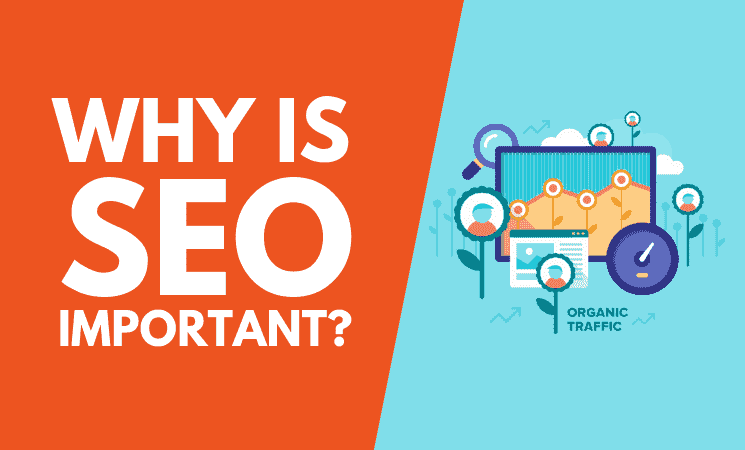
To understand the importance of SEO, it is nice to know how search engine crawlers behave every time someone searches for information on a search engine. Whenever a user searches on google using a keyword, search crawlers pull up the content with similar keywords that are most relevant and resourceful based on the search engine’s organic ranking algorithms.
This means that content that appears on the first page whenever you search on google will get the most traffic. The free traffic you get from google is known as organic traffic. When you run paid ads on google through google adsword, then you get paid traffic. You can see a clear example in the image below.
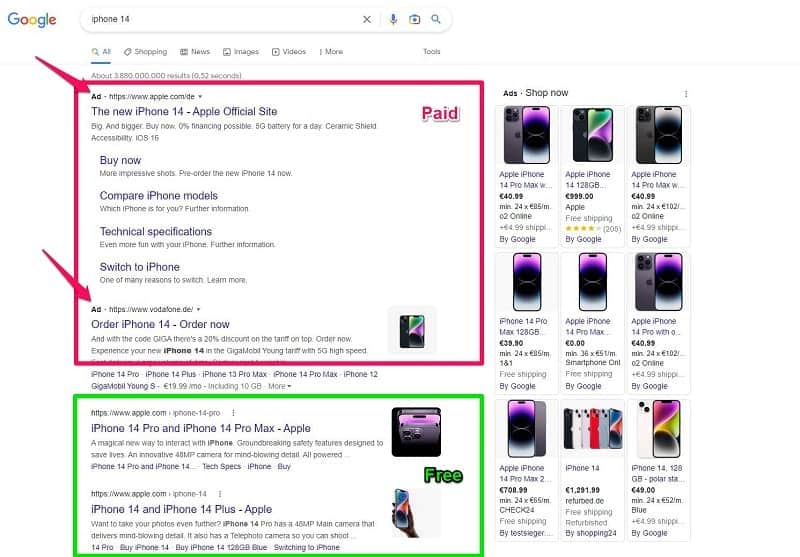
If you can afford to get traffic by paying, then it is important to target keywords with high monthly search volume. This way you stand a higher chance of ranking on google first page as such you get maximum free traffic. Hence, Search engine result page (SERP) ranking is crucial in order to improve any site's visibility in search results.
Also check: Top Affiliate Programs you can join and Start Earning

Before now, Pagerank was one of the complex problems of the earlier search engine that google was able to solve. This allowed Google to outshine other search engines. Google did a much better job than its rivals by making search easy, more comprehensive, and user-friendly. Today, Google uses a more complex system algorithm and artificial intelligence to display results.
Today's search engines have web crawlers which are also referred to as web bots or web spiders that gather information across millions of websites on the internet. The information collected is then placed in order of relevance. The popular term for this is known as indexing. If your website allows crawlers access, then, that gives access to web crawlers to display the content of your website on search engines. these include links, web pages, images, videos, etc.
The quality of the content and target keyword of your content then determines its page rank success.
The SEO has now been classified under 3 types;
Also read: 8 Most Popular Databases for Web Development
On-page SEO is also known as on-site SEO and it is an SEO practice that involves the optimization of a web page. Factors that affect on-page SEO include content quality, focus keywords, internal linking, title tags, optimized metadata, meta description, and backlinks.
The on-page SEO factors that affect the ranking include:
before you start writing, do some keyword research and find keywords that have a high search volume and you can then target those keywords within your content.
it is important that you write resourceful content that will in return bring organic traffic to your site. don't just write because you want to write. when you write, do your research and use target keywords. Optimize the content to be user-friendly and readable.
internal linking is also an on-page SEO practice that allows you to link between different contents on your website. This allows users to easily read other content on your website
your web page URL should be short and should contain your focus keyword if possible. This is part of ranking factors and it will also help your content to rank if done correctly.
it is the concise information about the content of a page that shows up under your website on search engine results pages. This info gives a short summary of the content which allows readers to have a brief understanding before reading the full content.
Also read: What Search Engine did People Use before Google?
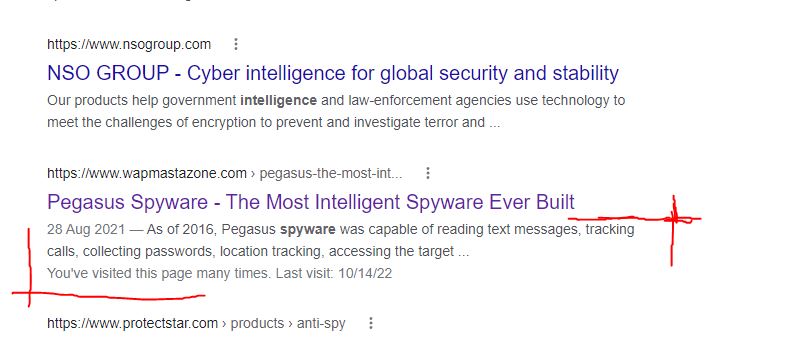
when writing your content for SEO, you should ensure that the title tag is concise and relevant to the content. The title tag is set out as the search snippet in search engine result pages (SERP). It appears in search engines as a hyperlink and is relevant for ranking.
while other items are relevant for ranking, backlinking is also a good practice that tells search engines that your website has informative content that other websites are linking to. This allows search engines to offer your content more relevant.
Metadata informs the search engines and searchers about the page's content. Ensure that your meta title and meta description involve your keyword phrases and relevant content. So, you have developed more chances to rank.
Recommended: SEO Analyzer - helps you to identify your SEO mistakes and optimize your web page contents for a better search engine ranking
Also check: SEO Tools- Free web and SEO tools to help you elevate your business.
Also read: How to Choose a Good Web Hosting for your Website or Business
Off-page SEO is an SEO practice that includes the effort you take outside your website in order to increase your ranking on search engines. An example of off-page SEO is the mention of your website or business name on another website without linking to you.
This includes telling Google that other sites are linking to your content because they consider them valuable. While other sources affiliate off-page SEO with link building, however, it is more than just building links. it also includes content or website mention, bookmarking, social networking, brand promotion, guest posting, etc.
Link building is regarded as a practice in off-page SEO. Getting quality backlinks from reputable websites increases your web ranking and your chances of getting more traffic.
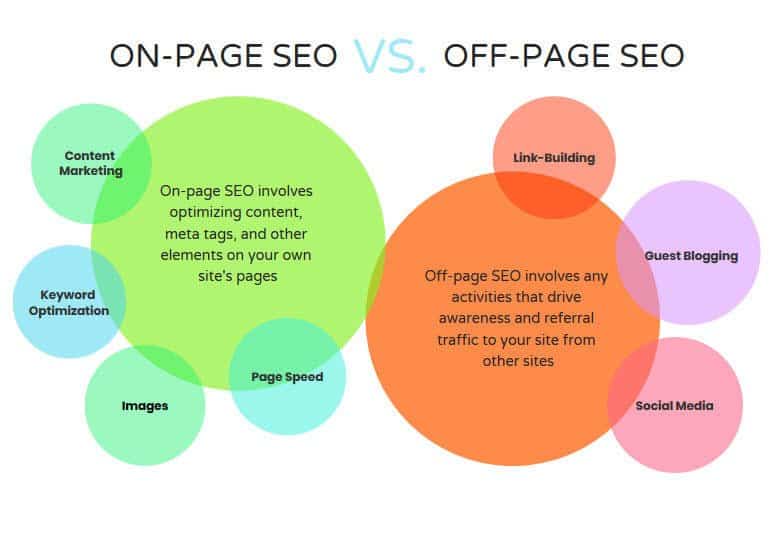
Recommended: Comprehensive SEO Checker
It is an SEO practice that includes website optimization so it is user-friendly. These include connecting the website to google analytics and google webmaster, submitting sitemaps for crawler access, updating robot.txt files, and improving website readability. Fixing this technical part makes it easy for web crawlers to easily find your website data and index it properly. These factors that must be put into consideration when doing technical SEO include;
it is important to ensure the security of your website as hackers are always targeting websites with security loops. Use a defense application that is capable of blocking spam and hackers. Regular update of your website is another way of ensuring maximum security. Use a complex password that is difficult to break.
sitemap is a web file that provides information about the pages, posts, videos, images, and other relevant files on your site for crawler access. It helps search engines to have an understanding of what is active and what's not on your website for public consumption. Here is a recommended XML sitemap generator you can use in case your website doesn't have any.
Google Search Console and Bing Webmaster Tools are free web tools from Google and Microsoft respectively that allow you to submit your website to their search engines for indexing and organic traffic. When you submit your website to google search console and bing webmaster also ensure to submit your sitemap. You should also submit your website to google analytics.
A well-structured site provides a degree of friendliness and it is considered user mobile-friendly by Google. It helps users and readers to have a clear understanding and navigation of your website. Your website structure data makes it easier for a search engine to understand and rank your website.
The speed and performance of a website are important for its service delivery. It is also an important practice in the case of search engine optimization (SEO). Server response time, image optimization, and webpage size are other things that influence the speed of your website which are associated with the hosting package you are on. Shared hosting will perform fine if you are a small business owner while VPS hosting is recommended for large business owners. So, you put this in mind when choosing a hosting plan.
Recommended: How to Choose a Good Web Hosting for your Website or Business
this has to do with the design, optimization, website spread, and the way your web page is rendered to users on mobile devices. A mobile-friendly website will reduce bounce rates and will allow visitors to stay longer on your website. This is important for SEO because most visitors come from smartphone users.
duplicate content can harm your web ranking. So ensure to fix duplicate content if there is any. Also, use canonical link elements to let search engines know the main version of your website content. Good SEO practice is to also avoid plagiarism or copied content because google sees copied content as duplicates.
SSL is popularly known as Secure Sockets Layer and it is a security layer that creates an encrypted link between a web server and a web browser. SSL Certificates are small data files that digitally bind a cryptographic key to an organization’s details. When installed on a web server, it activates the security padlock and the HTTPS protocol provides secure connections from a web server to a browser.
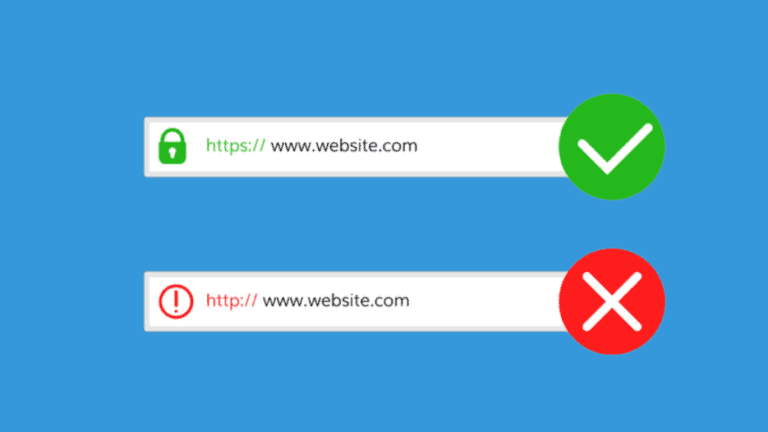
Also read: How to Link and Use Custom Domain with Gmail
It is important for you to know that ON-Page SEO is however a ranking factor you must put in mind when writing content. However, It is not enough, off-page SEO should also be in your consideration.
SEO Tools - 50+ SEO Tools
SpySuggest - SEO Checker
SEO Analyzer - Free SEO Analyzer
Siteworth Checker - Check A Siteworth
SEO Tools - 30+ Free SEO Tools
Domaintools - Buy Cheap Domain Name
Qr Code Generator - Generate QR-code for free